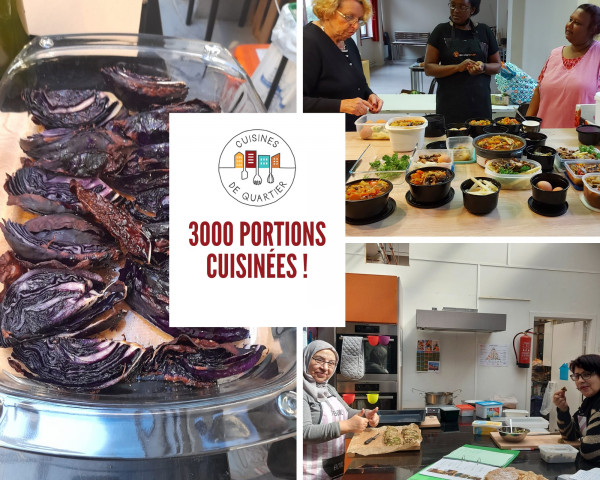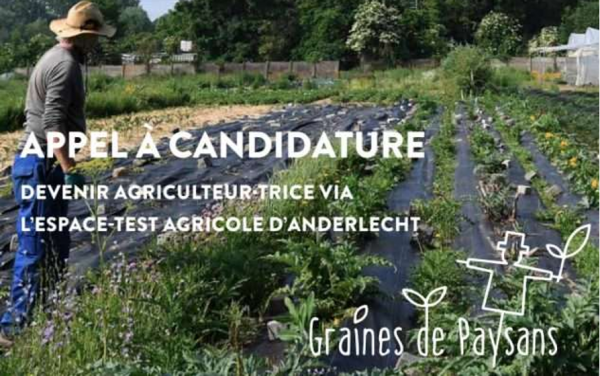Brussels lies at the heart of a complex territory of contested lands, both spatially and politically.
Post-war suburbanisation, a liberal land market and the globalization of the food system made open space in Belgium scarce. The resulting land concentration, loss of land for food production and a scattered pattern of urbanisation are painfully encountering its limits in terms of climate and social resilience. While land policies and instruments fail to counter these trends, agricultural land within the Brussels Region has almost completely disappeared to the benefit of urbanisation.
Brussels is also at the crossroads of Flanders and Wallonia, the two other and much larger regions of Federal Belgium. In all three regions, we see very different types of agroecological practices emerging. And in all three regions, these practices are dealing with very different policies towards the role of food production, each of which is under tension. Flanders has committed itself to a globalised food market connected to its ports, but this industrial model is at odds with the more recent investments in nature and water management. Wallonia is attempting to focus on more localized food systems but does not benefit from the less hilly and more fertile Flemish landscapes. And Brussels has expressed an ambitious food policy but is obliged to rely on the two other regions to reach the formulated objectives since there is not that much cultivable land available within its own region.
As such, Brussels finds itself on the brink of many challenges. How can a landless region be meaningful for a heavily urbanised hinterland in terms of an agroecological urbanism? How can different emerging but fragile agroecological movements – on the one hand traditional mixed farmers in the countryside and on the other urban market gardeners from the city – engage with the urban agenda? And how can Brussels cater for them, beyond the political dead-end?
Setting the Scene
Call for an army of agroecologists
Capacity building as a territorial strategy
“We need an army of agroecologists. We need people that have the technical knowledge to exchange with farmers, but also the social, political and even geographical skills to translate in between different sectors and translate what the one needs from the other in order to set up that food-enabling environment. That is a profession that does not exist yet. Some people already have that talent, others need to learn it. ”
Marjolein Visser (Agroecology Lab) during one of the workshops in Brussels
In many ways Brussels is already a front-runner in urban agroecology. Many practices and initiatives are looking to connect urban and agricultural logics in a meaningful way despite the context. Increasingly, they form a multidisciplinary network able to address the political agenda in Brussels.
Although Brussels can hardly make available land for agroecological food production directly, it can invest in the development of an array of very concrete pieces of infrastructure to capacitate farmers to access local markets, to transition to localised food systems and to contribute to the urban agenda. This infrastructure, whether it is collective milk processing infrastructure, a mobile slaughterhouse, or a soil and land observatory and platform, can support as much Brussels’ emerging market gardeners as farmers from the Flemish and Walloon hinterland. As such, the landless region of Brussels is able to expand its strategy.
If the Brussels Capital Region wants to produce locally 30% of the necessary food by 2035, the key will not merely lie in the elaboration of very complex, cross-regional, abstract and politically sensitive territorial plans. The return on investment might be much higher if the region supports the capacity building of ‘agroecologists’: bridging figures that develop the skills to set up alliances between a diversity of actors to define and realise the needed infrastructure for agroecological systems at an operation level.
Within the Urbanising in Place project, based on existing practices from Brussels and other cities, we imagined three types of 'agroecologists' that operate beyond the urban-rural divide.








